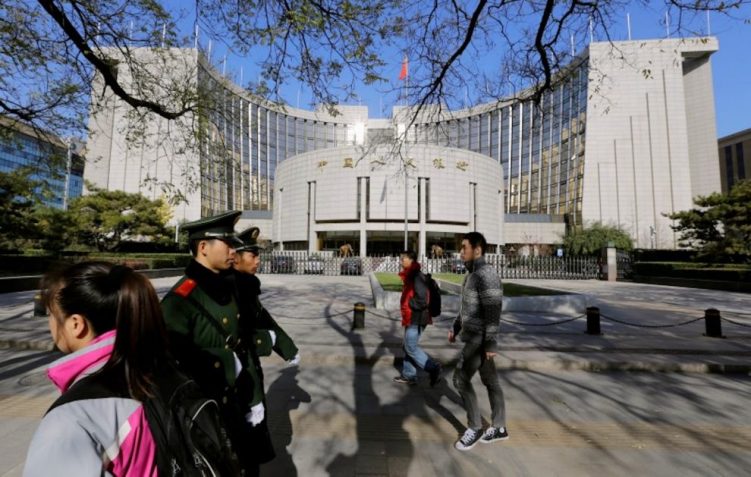China has changed its rules for the management of state-run bailout funds rescuing troubled insurers, financial regulators said on Thursday.
The rules aim to promote healthy development of the insurance industry, prevent and resolve financial risks and maintain financial stability, the China Banking and Insurance Regulatory Commission said in a statement on its website.
China Insurance Security Fund, which played a key role in bailing out fallen Anbang Insurance Group, is now allowed to be involved in the formulation of risk disposal plans, according to the new rules.
The rules, jointly released by the country’ central bank, banking and insurance regulator and finance ministry, will come into effect from December 12.
The company operates bailout funds that provide money to rescue policyholders and liquidate troubled insurers. The funds will be used in other scenarios approved by the State Council, China’s cabinet, the rules said, without offering further details.
The world’s second-biggest economy slowed this year, hit by strict Covid restrictions, a deepening property crisis and weakening demand. In response to the slowdown, regulatory officials have vowed to rein in financial risks.
Shareholders and management should also cooperate with authorities in the process of liquidating an insurance company with the support of the funds, the rules said.
The new rules also adapt the cap of money that insurance companies should hand on to supplement the funds.
- Reuters with additional editing by Jim Pollard
ALSO SEE:
Tesla Boosts Insurance Incentive in China to Lift Purchases
China Unemployment Payouts Hit a Record $5.2bn in June
China pushes ‘inclusive finance’ and insurance to reduce poverty
























